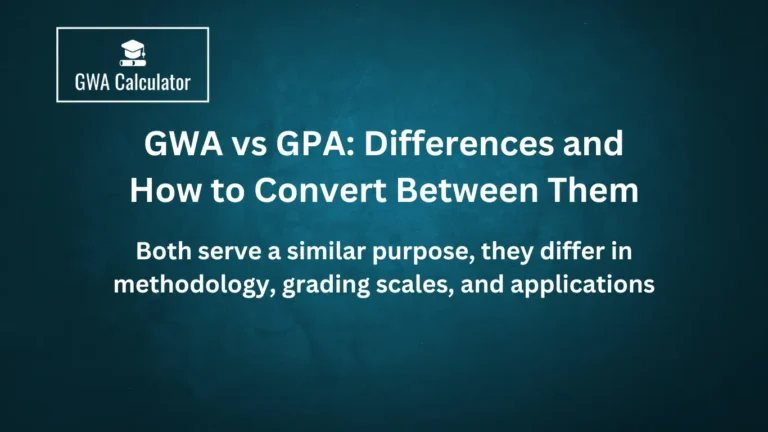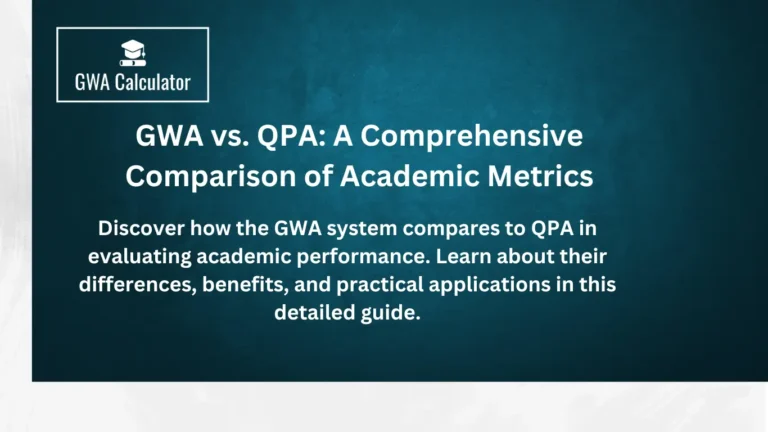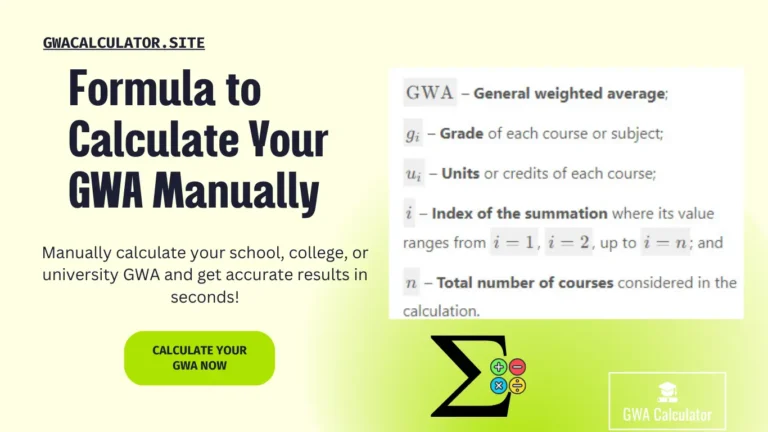What is the Passing GWA in the Philippines?
In the Philippines, education plays a crucial role in shaping the future of students. One of the most important metrics for evaluating academic performance in Filipino schools is the General Weighted Average (GWA).
For students, educators, and even parents, understanding the passing GWA is essential for academic success and planning future opportunities.
This article provides a comprehensive guide to what constitutes a passing GWA in the Philippines, its significance, and practical tips to achieve it.
Understanding GWA: An Overview
What is GWA?
The General Weighted Average (GWA) is a grading system widely used in Philippine schools, colleges, and universities to evaluate a student’s academic performance. It reflects the overall average grade, with each subject’s weight determined by its credit units.
- Scale: Typically ranges from 1.0 (highest) to 5.0 (failing).
- Calculation: A weighted average of grades, where subjects with more credit units have a larger impact on the final GWA.
- Purpose: Used to assess eligibility for graduation, honors, scholarships, and more.
Why is GWA Important?
- Eligibility: Determines whether a student passes or fails.
- Scholarships: Many financial aid programs set GWA requirements.
- Recognition: Honors and awards often require a high GWA.
- Career Impact: A strong GWA can boost resumes and job applications.
What is the Passing GWA?
General Standards for Passing GWA
The passing GWA varies depending on the educational institution and academic level (e.g., high school, undergraduate, or graduate). However, some general benchmarks are widely recognized:
- Public Schools: A passing GWA is usually 75% or its equivalent (3.0 on the numeric scale).
- Private Schools: Standards may vary, but a passing GWA is typically 2.75 to 3.0.
- Colleges and Universities: The passing GWA for higher education institutions is often 2.0 to 3.0, depending on the program’s rigor.
Examples of GWA Scales in Institutions
- University of the Philippines (UP): Passing GWA is often set at 3.0.
- De La Salle University (DLSU): A GWA of 2.0 or higher is required for many programs.
- Ateneo de Manila University: The passing mark varies but generally aligns with a GWA of 2.5 to 3.0.
Implications of Not Meeting the Passing GWA
- Academic Probation: Students may be placed on probation if they fail to meet the minimum GWA.
- Delayed Graduation: Failing to meet GWA requirements can extend the time needed to complete a degree.
- Loss of Scholarships: Financial aid and grants may be revoked.
Read It Also: How to Calculate GWA Manually: A Step-by-Step Guide for Filipino Students
Tips to Maintain or Improve GWA
Achieving a passing GWA may seem challenging, but with the right strategies, it’s attainable. Here are some actionable tips:
1. Time Management
- Create a study schedule to allocate enough time for each subject.
- Prioritize subjects with higher credit units.
2. Active Participation
- Engage in class discussions and activities.
- Seek clarification on topics you find challenging.
3. Consistent Study Habits
- Review lessons daily to retain information better.
- Use flashcards, summaries, and practice exams.
4. Utilize Available Resources
- Take advantage of school-provided tutoring services.
- Access online resources like Khan Academy, Coursera, or local academic tools.
5. Collaborate with Peers
- Join study groups to gain new insights.
- Share notes and resources with classmates.
6. Communicate with Professors
- Ask for feedback on assignments and exams.
- Request additional help if needed.
Read It Also: How to Calculate Weighted Grades in Specific Philippine Universities (e.g., UPD, Ateneo, De La Salle)
FAQs About Passing GWA in the Philippines
1. What happens if I don’t meet the passing GWA?
Students may face academic probation, lose scholarships, or need to retake failed subjects.
2. Can GWA requirements vary between schools?
Yes, each institution sets its own standards for passing GWA based on their grading policies.
3. Is it possible to recover from a low GWA?
Absolutely. By improving performance in future semesters, students can raise their cumulative GWA.
4. Are GWA and GPA the same?
No. While both measure academic performance, GWA uses a descending scale (1.0 as highest), whereas GPA uses an ascending scale (4.0 as highest).
Conclusion
The passing GWA in the Philippines serves as a benchmark for academic success and future opportunities. Whether you’re a high school student aiming to graduate or a college student striving for scholarships, understanding and meeting the passing GWA is crucial.
By adopting effective study habits, utilizing resources, and staying consistent, you can achieve your academic goals and open doors to brighter prospects.







